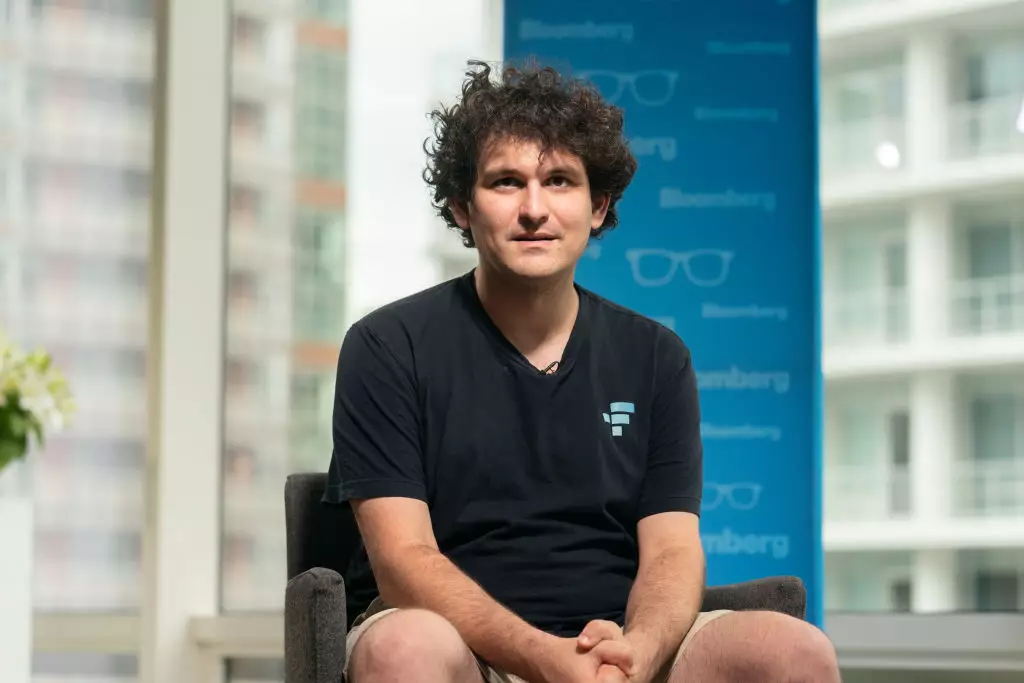Coinbase’s Chief Legal Officer (CLO) Paul Grewal has shared insights into the upcoming jury selection in the trial of the former CEO of the now-defunct crypto exchange FTX, Sam Bankman-Fried (SBF). Grewal highlights the significance of fair jury selection and expresses his expectations for the proceedings. In this article, we delve into the importance of jury selection, the role of the judge, and the potential impact of biased jurors on the trial outcome.
Grewal emphasizes that voir dire proceedings have evolved over time, becoming more efficient compared to the past, when they could drag on for days. He predicts that the selection process for Sam Bankman-Fried’s jury will be swift, ensuring a timely trial while safeguarding fairness. The jury selection is scheduled to take place on October 3, followed by the trial’s official commencement on October 4, with the prosecution presenting its case.
Judge Lewis Kaplan, presiding over Sam Bankman-Fried’s case, is not merely a passive observer during the selection process. Grewal highlights that federal judges play a more active role in questioning potential jurors compared to their state counterparts. They understand that both the prosecution and the defense strive to secure a favorable jury, rather than an impartial one. Judge Kaplan is expected to actively participate in the examination of potential jurors to ensure a fair trial.
As a former US magistrate judge for the United States District Court for the Northern District of California, Grewal brings valuable insights to the discussion. Although his past experience involved civil matters rather than criminal cases, he has presided over 35 juries. His understanding of the complexities and dynamics of the jury selection process adds depth to his analysis.
Sam Bankman-Fried’s jury will comprise 12 individuals from diverse backgrounds, representing different walks of life. These jurors bear the responsibility of examining each charge leveled against SBF, who faces seven counts of fraud-related charges. The jury’s verdict must be unanimous, with all members actively participating in the decision-making process.
Grewal emphasizes that the composition of the jury plays a critical role in determining a fair outcome. However, he notes that prosecutors prioritize having strong evidence that unequivocally supports their case, as opposed to relying solely on the juror makeup. This preference may stem from the potential biases that jurors could bring into the courtroom, whereas compelling evidence leaves little room for doubt. Considering the severity of the charges Sam Bankman-Fried faces, including a statutory maximum sentence of 110 years, Grewal’s anticipation of a conviction is apparent.
Fair jury selection is vital to safeguarding justice in any trial, including that of Sam Bankman-Fried. The evolving voir dire process ensures a streamlined selection of impartial jurors, while the active involvement of Judge Kaplan helps maintain fairness. Grewal’s unique perspective based on his judicial experience provides valuable insights into the dynamics at play during this crucial phase. As the trial unfolds, the composition of the jury and the weight of evidence presented will ultimately determine the outcome for Sam Bankman-Fried.

